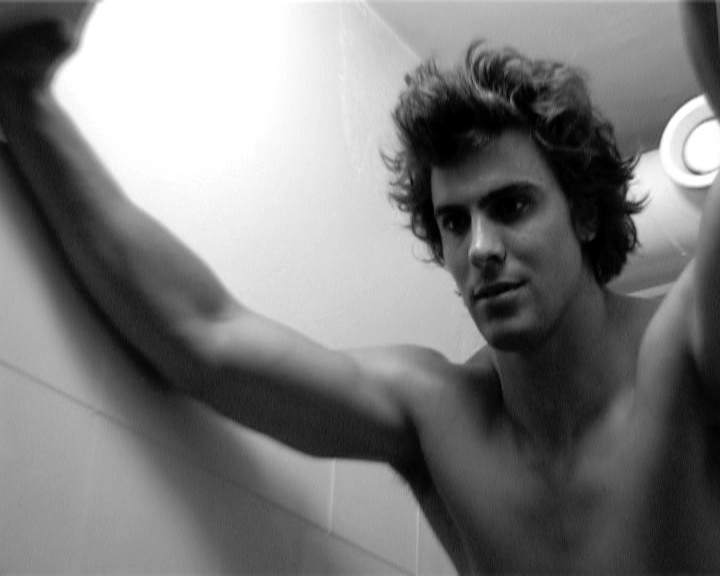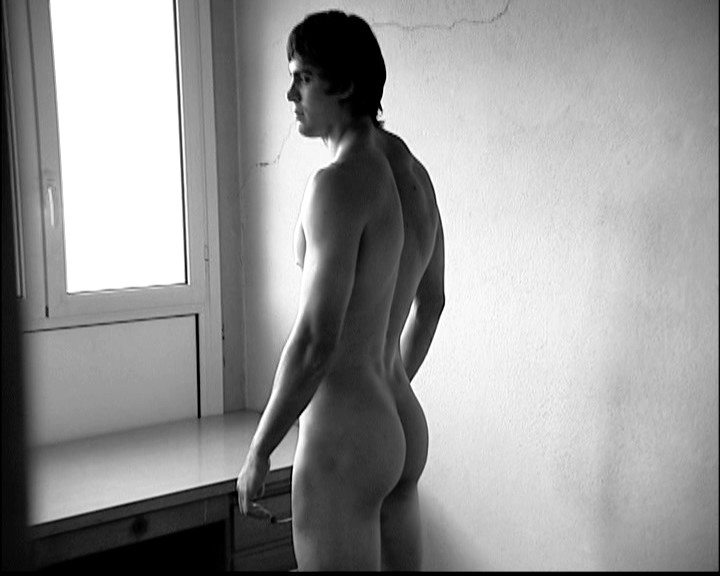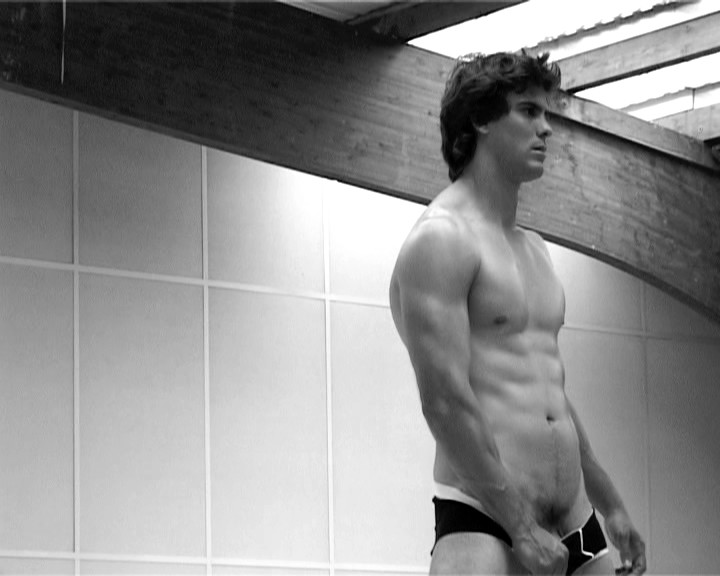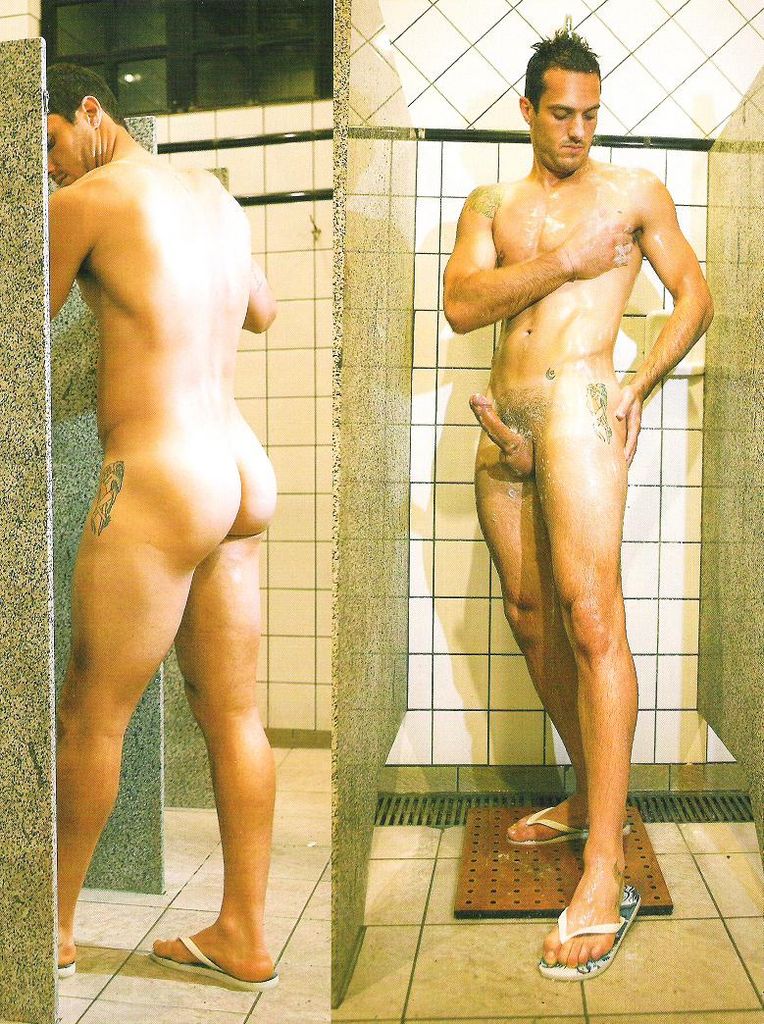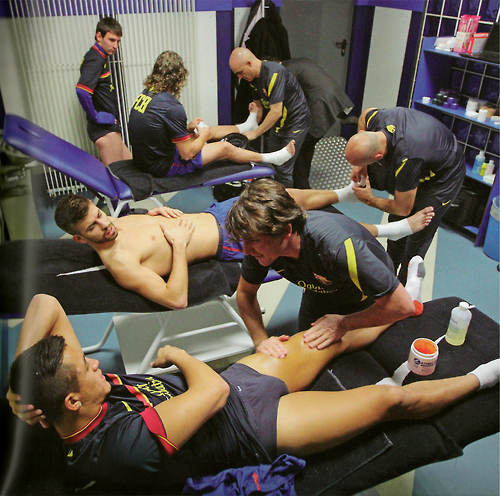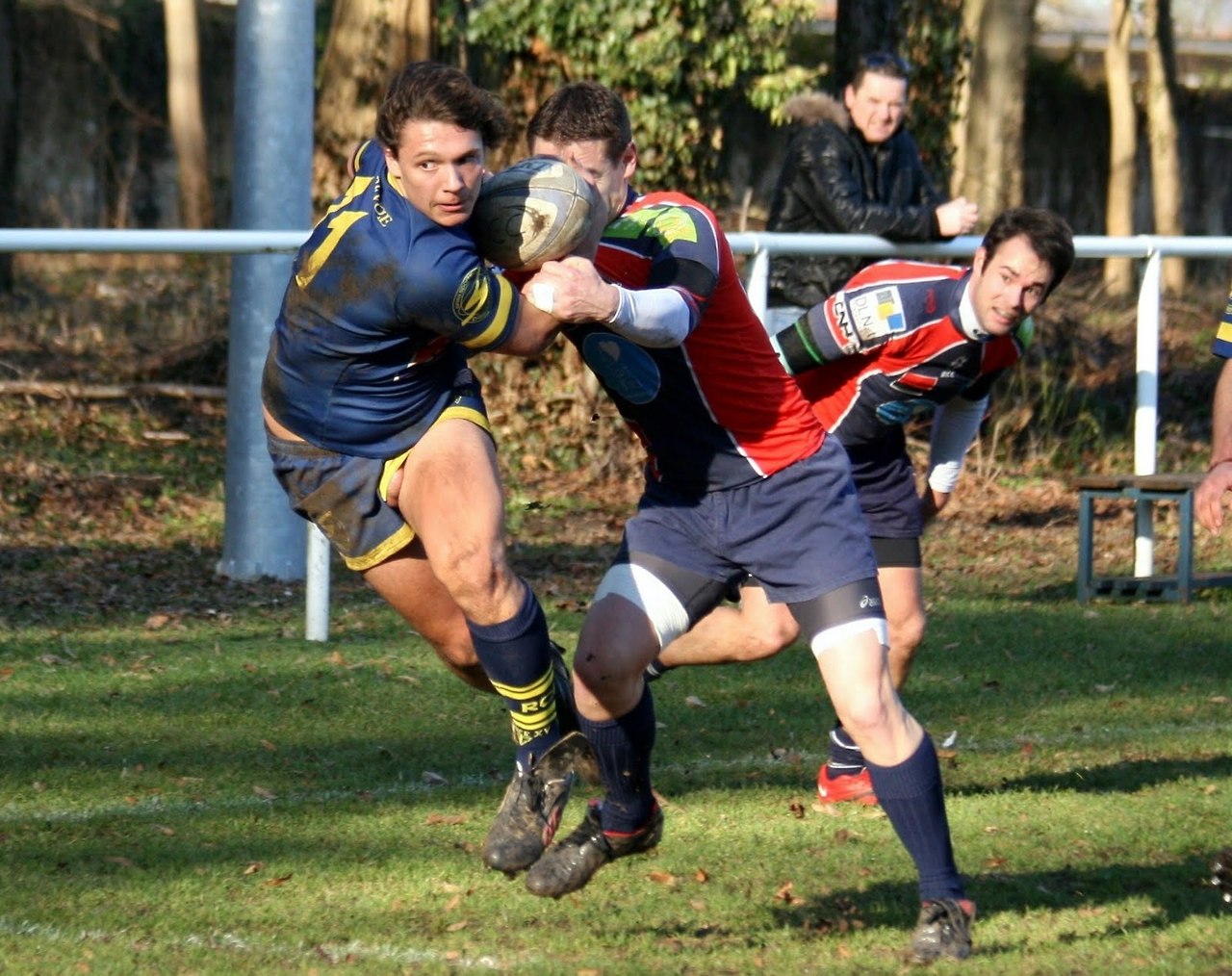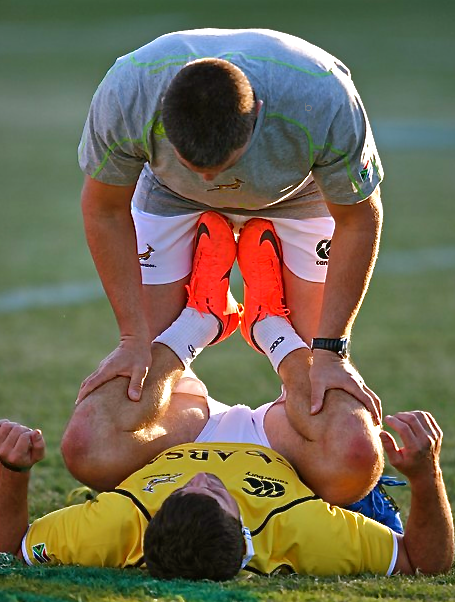:welco: To GT.ru Forums!!!!
Posts made by leatherbear
-
RE: Discipline4Boys Collectionposted in Spanking
There are no replies to your question ???
Perhaps members are afraid you mean 1 torrent of that size ~ 20GB :afr:
Posted in smaller increments I bet these would be quite popular here :cheers:
-
RE: Confused Feelingsposted in Sex & Relationships
:Hiya2: my Canadian Buddy :Hiya2:
There is some good advice here for you currently. Why don't you PM me and we can work out a way to chat in private about this situation. You have always PM'd me with Site issues so you know I will be there for you in this situation as well. :lovp:

-
RE: Greetings from Finland!posted in Introductions
:welco: To GT.ru!!!! Have Fun and Enjoy the Site!!!
I hope to see you in the Forums soon :ok2: From your list of favorite porn I think you will find things in the Special Interest Groups (aka: SIG's) that you will enjoy perving :lovp:
-
Pope Francis Moves Church Beyond Gays and Abortion – To Peopleposted in Religion & Philosophy
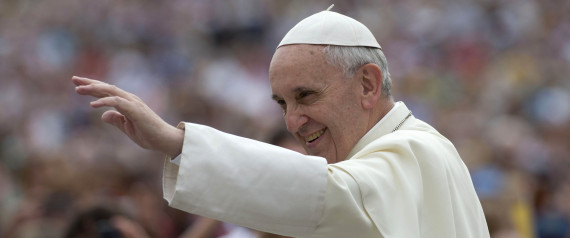
Pope Francis continues to radically refocus the Catholic Church and, even as a non-Catholic, I am beginning to view him as a personal pastor.
Headlines were splashed on media outlets that reported that the Pope had said in an interview that the Catholic Church was too focused on gays, abortion and contraception.
This is not news to those of us who have been saying that for years. But to hear the head of the Catholic Church say it is like an ecclesial bomb going off that topples much of the edifice that has sustained the more conservative wing of the Catholic Church over the past several decades.
However, Pope Francis' statement begs the question: If the Catholic Church isn't going to focus on those social issues, what will it focus on?
That is the real value of the interview that was conducted by the Italian Jesuit journalist Father Spadaro over the course of three days in Casa Marta, where the Catholic leader has chosen to live instead of the papal palace.
Father Spadaro describes the room like this:
The setting is simple, austere. The workspace occupied by the desk is small. I am impressed not only by the simplicity of the furniture, but also by the objects in the room. There are only a few. These include an icon of St. Francis, a statue of Our Lady of Luján, patron saint of Argentina, a crucifix and a statue of St. Joseph sleeping. The spirituality of Jorge Mario Bergoglio is not made of "harmonized energies," as he would call them, but of human faces: Christ, St. Francis, St. Joseph and Mary.
The description of 'human faces' is the key to understanding the interview, and to the ministry of Pope Francis. The human faces of Jesus, St. Francis, Joseph and Mary matter to the Pope because those faces represent the face of humanity living in this world, many of us broken and hurting spiritually and physically, and who are in need of authentic Good News.
The Pope talks about many things in the 12,000-word interview, but what struck me was the humanizing of the religious endeavor.
Too much of what is done and said in the name of Jesus elevates the blunt and often harmful instrument of tradition or dogma over the actual lives of people who are seeking to know God's love and to feel accepted and respected within the church.
Here is one example from the article involving the reality of gay people who desire to be included in the church:
"A person once asked me, in a provocative manner, if I approved of homosexuality. I replied with another question: 'Tell me: when God looks at a gay person, does he endorse the existence of this person with love, or reject and condemn this person?' We must always consider the person. Here we enter into the mystery of the human being. In life, God accompanies persons, and we must accompany them, starting from their situation. It is necessary to accompany them with mercy."
This anecdote shows the focus of the Pope, which is on the actual life of the gay person, and how the Pope is more concerned with pastoral care of the person than the correctness of church dogma. "We must always consider the person," as the Pope says.
Many on the Catholic right will be quick to point out the interview does not reveal a major break with Catholic teachings. However, in this interview and in his famous 'who am I to judge?' moment on the papal plane, you can tell the Pope doesn't really object to gay people living out our God-given sexuality.
It is probably because he knows our faces. The pope has met gay and lesbian people who have loving relationships and he respects them and the love they share.
Reading between the lines, the Pope is signaling that old dogma is not as important as the faces of people whose love offers a living refutation of teachings that must be abandoned.
As the Jesuit James Martin, SJ reflected: "Pope Francis's message to gays and lesbians is simple: mercy, mercy and mercy."
The Pope Francis interview is just the latest testimony of this extraordinary spiritual leader radically refocusing the church to see with the eyes of Jesus, who in his time looked into the faces of people who were marginalized as sinners yet called them his beloved.
http://www.huffingtonpost.com/paul-raushenbush/pope-francis-interview_b_3956319.html
This article has a video clip included in the original post.
-
RE: Transgender Teen Says Homecoming-Queen Dream is `Bigger Than Me`posted in LGBT News

Cassidy Lynn Campbell, Transgender Teen, Named Homecoming Queen
On Friday night, transgender teen Cassidy Lynn Campbell was crowned homecoming queen at a California high school.
Campbell, a 16-year-old student at Marina High School in Huntington Beach, was shocked when blue and gold balloons revealed she had won the crown on Sept. 20, according to KTLA. "I instantly just dropped to the ground and started crying," she said.
She is the first transgender homecoming queen at Marina High School and hopes that her win echoes outside her town.
"I realized it wasn’t for me anymore and I was doing this for so many people all around the county and the state and possibly the world and I am so proud to win this not just for me, but everyone out there,” she told KTLA.
Campbell began taking hormone blockers and estrogen injections in high school to transition, according to the Los Angeles Times, and has documented her journey in videos on her YouTube channel, LanceMize. She decided to run for homecoming queen this year to make a statement.
"If I win it would mean that the school recognizes me as the gender I always felt I was," she told the L.A. Times earlier this month. "But with all the attention, I realized it's bigger than me. I'm doing this for the kids who can't be themselves."
The teen's mother said it's "wonderful" her daughter won, telling KABC, "I never would have thought in my lifetime that I would see this."
Despite the honor, Campbell was apparently upset by the end of the night. She uploaded a tearful video to her YouTube account saying that people were being "ignorant" and "stupid" about her crowning.
"After 16 years of struggling, I finally do it and I finally am myself – thinking I'll be so happy," she said. "It's just sad that everyone has to be so judgmental about it, and so hateful, and so mean and so negative. I've never done anything to any of these people. And I don't know why they have to be this way, when I've done nothing to them. It just hurts so bad because I feel just as much of a girl as all of them do... Everyone is just so ignorant."
Campbell is not the first transgender girl to be named homecoming queen of an educational institution. In 2009, Jessee Vasold received the title at William & Mary in Williamsburg, Va. She is, however, Orange County's first.
http://www.huffingtonpost.com/2013/09/21/transgender-homecoming-queen_n_3968729.html
This article contains many live links within the text in the original post.
This article has a video clip and slideshow included in the original post.
-
County clerks on front lines of U.S. gay marriage battleposted in LGBT News
By Alex Dobuzinskis
(Reuters) - For weeks, the lesbian couple courted the Guilford County register of deeds in North Carolina before asking for a marriage license. They went for coffee, shared life stories and, finally, prayed with him in a big circle on the grass outside his office.
Then they followed Jeffrey Thigpen inside, where he denied them and another lesbian couple a license, in line with the state's 2012 constitutional amendment to ban gay marriage.
It was a wrenching moment for both sides.
"I think deep down in his heart he knew that he should have been giving us a license but he couldn't do it," said Tracey Bridges, a software trainer who had applied with her partner, Cheryl. "This law doesn't just hurt couples like us, it hurts people who have to enforce the law."
"It was very difficult emotionally," said Thigpen, who says he supports gay marriage. "I left work. It was a tough day."
The meeting this week between Thigpen and the lesbian couples came as county clerks have been thrust to the forefront of the U.S. battle over gay marriage after two local officials from New Mexico and Pennsylvania this summer began unilaterally issuing wedding licenses to same-sex couples.
Taking advantage of a lack of legal clarity over gay marriage in New Mexico, a county clerk there began issuing same-sex marriage licenses that have so far been allowed to stand. In Pennsylvania, a county register of wills handed out the licenses to gay and lesbian couples despite a state law banning same-sex marriage, before a judge ordered him to stop.
Some proponents of gay marriage have celebrated those high profile moves, saying they add momentum to the fight to allow same-sex nuptials in places outside the 13 U.S. states that allow it. Opponents see them as trying to make an end-run around the law.
Lynn Ellins, the county clerk in southern New Mexico's Doña Ana County who began issuing licenses to gay and lesbian couples in August, said he believes clerks in states without laws allowing gay marriage will soon do the same thing.
"I wouldn't be surprised if other clerks bit the bullet," Ellins said in a telephone interview. "I can't be the only one out there thinking the way I'm thinking."
The Democrat makes that prediction even though he was sued by several Republican state lawmakers seeking to roll back his action, and was forced to raise more than $31,000 in private donations to defend against the lawsuit.
Since Ellins began issuing the licenses, officials in seven other New Mexico counties have begun doing the same thing. Those include the state's most populous county of Bernalillo, which started issuing licenses after a district judge found denying gay couples the right to marry violated the state constitution.
Gay marriage opponents are paying keen attention to the actions of county clerks.
"What happened both in New Mexico and Pennsylvania was utter lawlessness. You had two county clerks who felt they were above or outside the law," said Chris Plante, spokesman for the National Organization for Marriage.
MORE OUT THERE?
Plante said he was concerned that New Mexico's Republican governor did not go to court to seek to block Ellins from issuing licenses. In Pennsylvania, the governor's administration won a court order to stop the Montgomery County register of wills from doing so.
"What's going to convince another county clerk in another state to either uphold the law or violate the law is going to be their own perception of what happens," Plante said.
A 1996 Pennsylvania law defines marriage as between a man and a woman. However, New Mexico is one of two states - New Jersey is the other - that do not explicitly ban gay marriage and do not allow it statewide.
County clerks in New Mexico have asked the state Supreme Court to decide whether same sex marriage should be allowed across the state. A hearing is scheduled for next month.
Twenty-nine states have constitutional amendments defining marriage as between a man and a woman while six others including Illinois, Indiana and Hawaii have laws that do so, said Jack Tweedie, director of the children and families program for the National Conference of State Legislatures.
New Jersey's gender-neutral laws on marriage appear to provide wiggle room for action by clerks, he said, but gay rights groups are working to win the legal right to same-sex marriage there.
Public support for gay marriage has been growing, with a July Gallup poll showing 52 percent of Americans would like to see it legalized throughout the country.
That support is weakest in the South, where Cheryl and Tracey Bridges live. They asked Thigpen for a marriage license this week in a North Carolina action organized by grassroots group Campaign for Southern Equality.
The group is seeking to find a single official in the South who will issue a same-sex marriage license in defiance of state laws or constitutions.
Since 2011, the gay rights organization has sent more 80 gay and lesbian couples to seek marriage licenses in the South or have their out-of-state same-sex marriage recognized in their home states, organizers said. All have been denied.
The campaign also has sent more than 600 letters urging local officials across the South to grant same-sex couples wedding licenses, citing the actions of their counterparts in New Mexico and Pennsylvania, said Jasmine Beach-Ferrara, the group's executive director.
For the Bridges, who have been together 12 years and legally took the same last name but are not married, the denial in North Carolina followed weeks of getting to know Thigpen, the clerk.
They went for coffee and told Thigpen about Cheryl's battle with breast cancer, and their concern about being able to make decisions for each other at a hospital.
"His staff says it's hard on Jeff," Cheryl Bridges, a Quaker minister, said last week.
In joining with the two lesbian couples and dozens of their supporters for prayer outside his offices on Monday, Thigpen was seeking reconciliation, he later said in a phone interview.
"I did pray for them and in that prayer I prayed for people on every side of this issue, that we all can move through this eventually and focus on issues that unite us rather than divide us," Thigpen said.
(Additional reporting by Dave Warner in Philadelphia and Zelie Pollon in Santa Fe; Editing by Cynthia Johnston and Doina Chiacu)
http://news.yahoo.com/county-clerks-front-lines-u-gay-marriage-battle-164237421.html
This article has a slideshow included in the original post.
-
Sunday Assembly Is the Hot New Atheist Churchposted in Religion & Philosophy
At this house of worship, the faithful don’t believe in God. And instead of praying, they sing karaoke. Nico Hines speaks to the two comedians who founded this earnest new religion.
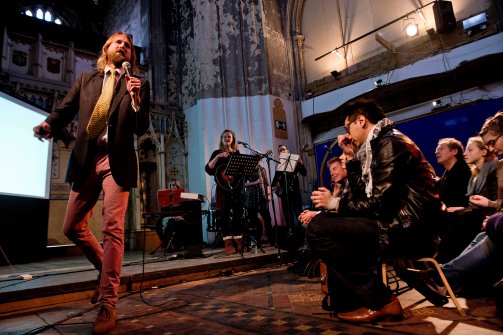
Sanderson Jones among the congregation of athiests at the Sunday Assembly held in a deconsecrated church on St Pauls Road in Islington, London.The Sunday Assembly is a godless congregation that meets on the first Sunday of every month to hear great talks, sing songs and generally celebrate life. (Sarah Lee/eyevine/Redux)
by Nico Hines
We’re in one of the hippest enclaves of East London and hundreds of people are leaping up and down, singing along raucously to the ‘80s power ballad being blasted out by a triumphant band. This is no ordinary gig, though. Welcome to the world’s fastest growing church.
For the most part, this Sunday morning congregation has been enjoying something that looks a lot like a traditional church service. The addition of a frenzied clapping game, “mini-rave” break-out sessions, and those billboard anthems might be the most immediately obvious differences, but there is another significant departure: this church is a God-free zone.
Founded in London earlier this year, the atheist church is expanding fast. New branches of Sunday Assembly have already been set up in Bristol, England, Melbourne, Australia, and New York City. Next month, Sanderson Jones and Pippa Evans, the church’s founders, will set off on a world tour designed to announce the second wave of godless churches that are opening in Ireland, Scotland, Canada, the United States, and Australia.
The numbers are still small, but the growth has been exponential since the first atheist church service was held in January. The idea is simple: it has all of the community spirit, engagement, and inspiration of a church without any of the religious aspects. Each service has at least one guest speaker, from economists to poets, a moment of reflection and, above all, repeated entreaties to get to know the rest of the people there.
Jones, the face of the burgeoning organization, has been taken aback by the acceleration of interest. He is a tall man with a thick golden beard and long blond hair; he says there are noble aspirations behind the church but concedes that part of its appeal lies in the sheer amount of fun had by the congregation. “We like to say it’s entertaining but not entertainment,” he told me. “We don’t have Heaven or Hell to tempt or threaten people with, so if you want to get people to come, you want them to say ‘this is a good thing, which I enjoy.’”
“Just being alive; to become conscious that you are alive, and celebrate that, is just as transcendental as anyone’s God.”
At a service this month in Bethnal Green, in London’s East End, it was clear that the mass karaoke was a highlight. “’Living On A Prayer’ smashes it so hard,” Jones said. “Or ‘Don’t Stop Me Now,’ everyone is like, ‘Oh, my God,’ I get to sing this at 11 o’clock on a Sunday–and I’m not even drunk!”
The duo at the heart of this quasi-religious network met through work. They are both stand-up comedians, which helps to explain why their twice-monthly London services are so magnetic, and so funny. Their “mind-meld” began on a three-hour drive to Somerset in South-West England, where they were both booked to appear at a small comedy club in 2011. Their conversion took place on the road to Bath.
Evans, 31, whose eyes gleam behind a mess of blonde hair, was a formerly committed Christian whose faith had lapsed. “When I decided there probably wasn’t a God, it made church a lot more awkward,” she told me. She found that she didn’t miss her faith, but she did miss her church. “I always felt like there wasn’t a place to have that same sort of community. I couldn’t get my head around how to do it without offending anyone,” she said.
Jones, meanwhile, had been struck by a flash of inspiration. “I left a Christmas carol service and thought, there’s so much here that I love, it’s just such a shame that there’s something in the middle that I don’t believe in,” he said. By the end of the road trip, the seeds that would grow into Sunday Assembly had been planted.
A few weeks after my first experience at an atheist church service, as news of the world tour and a fundraising drive was announced, and The Times of London published an approving editorial congratulating the charismatic Jones on the emergence of his new church, I began to wonder whether any right-thinking person could really be setting up their own world religion.
Sitting on a wooden stool in a trendy pizza joint in East London, Jones, 32, agreed to outline his plan for global domination. “The dream is a Sunday Assembly in every town, city or village that wants one,” he said. As he enthuses, jokes and extemporizes, it is obvious why he found success as a comedian and performer. Indeed, he is such a consummate salesman that he was chosen to front a series of advertisements in recent years including Colgate, the Eurostar train service and Ikea.
Despite his clear appeal as a leader, Jones plays down any suggestion that the church would develop into a cult of personality. “It’s really nothing to do with me, it’s the idea that is great,” he said. “And it’s certainly not a cult, they split people off from their families and they are not transparent. Neither of which applies to us, although I do realize it never sounds good to be relying on the technical definition.”
When Jones’ father retired, he started to take an interest in genealogy. “I get this e-mail going, ‘I think we’re related to L. Ron Hubbard [the founder of Scientology],’” he said. “On further investigation we’re probably not… Well, he was adopted and we might be related to his adopted family.”
As we discuss the issue of iconic leadership, it’s Jones who brings up the Messiah. “The fact that I have a beard means there are a lot of Jesus jokes,” he said. “But I had it first. Obviously, not before Jesus–before Sunday Assembly.”
The gags are non-stop, as is the juddering laugh than ricochets off the restaurant’s exposed brick walls—but Jones is serious about the project. I ask if two comedians starting a church is some elaborate hoax, like Joaquin Phoenix’s hip hop career. “It’s not a joke. It’s fun, it’s funny, but it’s fucking earnest,” he said.
Once he starts to expand on the rationale behind the toe-tapping atheist church services, it’s obvious that he means it. “It’s about thinking about life in a celebratory way, and Pippa and I have been thinking about it a lot more than most, and it’s really great, the more time you spend thinking about how awesome life is, guess what? The more awesome it is,” he explained. “Just being alive; to become conscious that you are alive, and celebrate that, is just as transcendental as anyone’s God.”
At this point, the chef brings our pizza. Much to his consternation, Jones asks for more salt, which he shakes over the pie. “Yeah, I’m probably going to die soon,” he said.
Since that first service held in Islington, North London, in January, the influence of the church started to spread across London immediately. First came affiliated book and philosophy clubs and discussion groups known as the “No-Bible Bible group” or “Life Anonymous” which gave people the chance to share dilemmas or discuss problems. At the most recent service, the congregation brought food parcels which were donated to food banks, which are run by local Christian churches. “A lot of people say, ‘I’ve got a problem with organized religion,’” Jones said. “But, that’s stupid, organization is one of the best things about religion.” One day, he would like to see an atheist network capable of good works and charity on the scale of established religions.
Next, the expansion went international. Melbourne and New York were the first foreign cities to set up branches of the church, but a more ambitious plan is underway. A world tour, which starts on October 22, will include seven stops in the U.S.; in each city a permanent church is intended to live on after Jones and Evans blow through. From Boston to Silicon Valley, via Washington, Chicago, and Los Angeles, they will help host inaugural church services alongside residents who have signed up to lead local branches.
Nicole Steeves, 36, a librarian from Chicago, met Jones earlier this year. She has signed on to help establish a Sunday Assembly in the city and can’t wait for the atheist missionaries to arrive. “I think the tour is bound to be a hit in the U.S. What happens afterward, during the long-term work of community building, is the real mystery,” she told me. “But I have high hopes.”
Church attendance in the U.S.—at around 40 percent per week—is far higher than in Britain where fewer than 2 per cent of the population go to an Anglican church service each week. The level of religious engagement will raise different questions for American Sunday Assembly ventures. Jones said they were looking forward to adapting to the new environment. “In the States you’ve got a whole load of people who get how good church is, religious people totally get why you’d go to church, they think it’s weird that people don’t. In Britain we’ve got to convince people,” he said.
Sunday Assembly is not trying to convert anybody to atheism. Everyone is welcome to the services, but Jones said they would not compromise on their beliefs in order to appeal to any specific groups. “The danger of being open to people of all religions, is you can dilute it until it’s like a Coke ad of affirmative sayings with the emotional depth of an Instagram photo with a quote stuck on the front,” he said. “But we love religion, we think churches are great and we love what they do.”
Jones and Evans have received some hate mail, a lone protester showed up to their event in New York, and they were asked to stop holding events in one deconsecrated church on moral grounds.
However the church is viewed in the U.S., Sunday Assembly is expected to continue its experimental expansion plans. “People started writing to us from all over the world saying we would like to have this – the plan was always to help people to set these up, we just didn’t expect it to go so crazy,” Jones said. “We’re developing a system to help people set them up and then we’re seeing if it works.”
Jones’ naturally disorganized disposition has helped to ensure that there is no overwhelming centralized control. Each new Assembly will be run independently with very little supervision. He admitted that means people might take their idea and misuse it. “It’s a fine line, if you had someone starting one up in Brighton and they started being really Islamophobic every week, we need to have a way of saying this is no longer a Sunday Assembly,” he said.
In fact, the Brighton branch is being set up by Anita and Stuart Balkham, a married couple who live in Sussex. I phoned Anita, 31, a clinical psychologist, who was preparing for their first service on Sunday. “It does feel like a big responsibility,” she said. “But I’m not anxious, I’m excited.”
Balkham had been to several services in London before volunteering to open an outpost in a disused church on England’s South coast. She said each Sunday had been different, “the only thing that was consistent for me was that I went to the pub afterwards with a group of people I didn’t know—and I got to know them.”
Allowing the new local churches to head off in whatever direction they want obviously contains inherent risks, but Jones is confident: “I mean, there’s a 12,000 year old business model.”
For Evans, who works for the church in between stand-up shows, the strength of existing religious networks did not prepare her for the dizzying speed with which an idea they thrashed out on short road-trip has been adopted by fellow non-believers all over the world. “The big surprise is that this has become an international movement so quickly, we didn’t realize how powerful the Internet was with an idea – so that’s been amazing,” she said. As word of their adventure races around the web, she has one concern: “The only think I don’t like is when people assume we spend an hour saying religion is stupid and people who go to church are dickheads, because we very rarely do that.”
U.S. and Canada tour dates:
New York: Monday, November 4
Washington DC: Wednesday, November 6
Chicago: Friday, November 8
San Diego: Saturday, November 9
Los Angeles: Sunday, November 10
Silicon Valley: Monday, November 11
Vancouver: Wednesday, November 13
This article contains many live links within the text in the original post.
.gif)








.jpg)
.jpg)
.jpg)



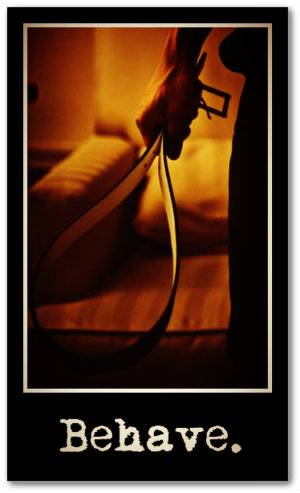





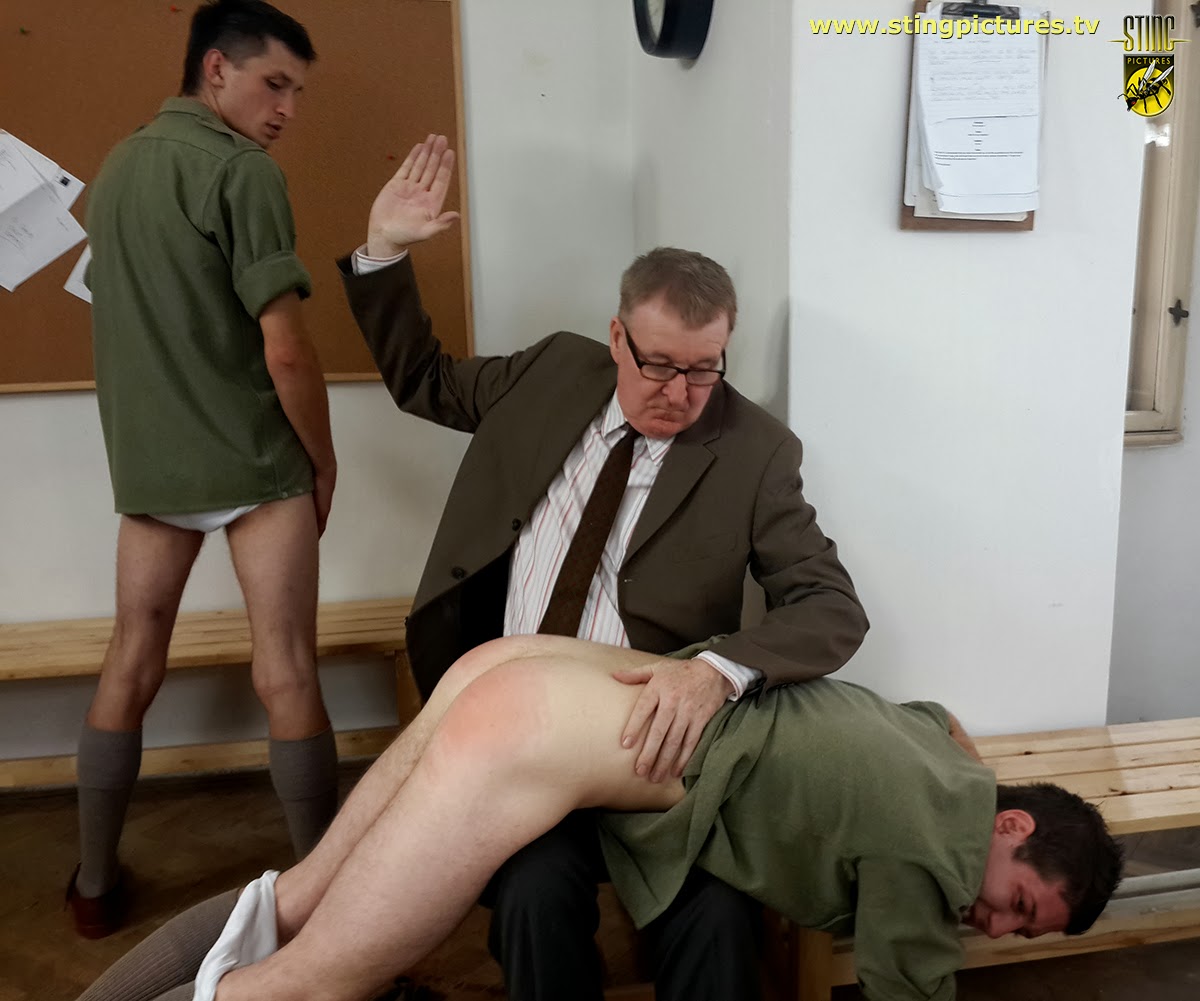











 Thanks raphjd!!!
Thanks raphjd!!!
